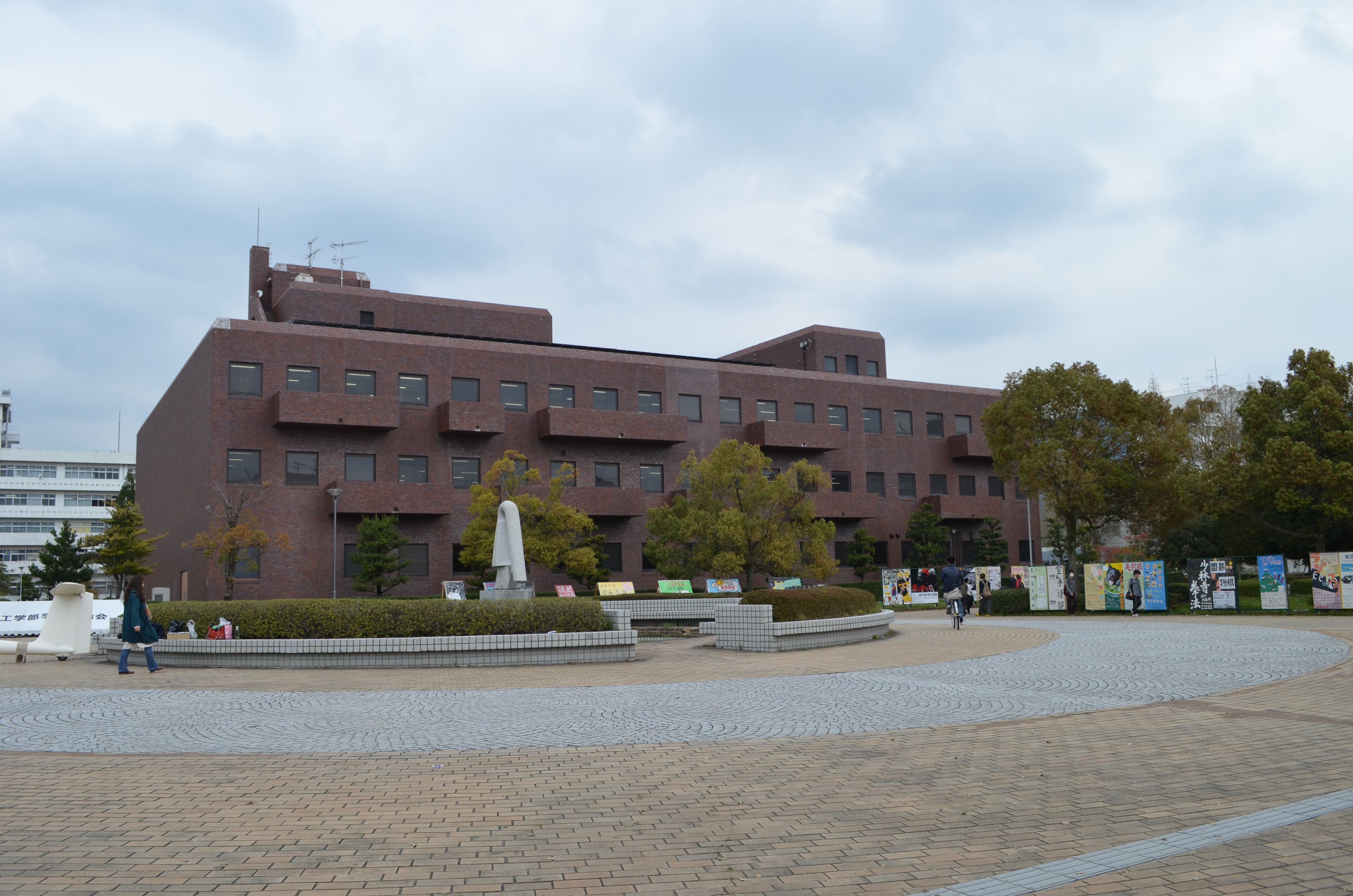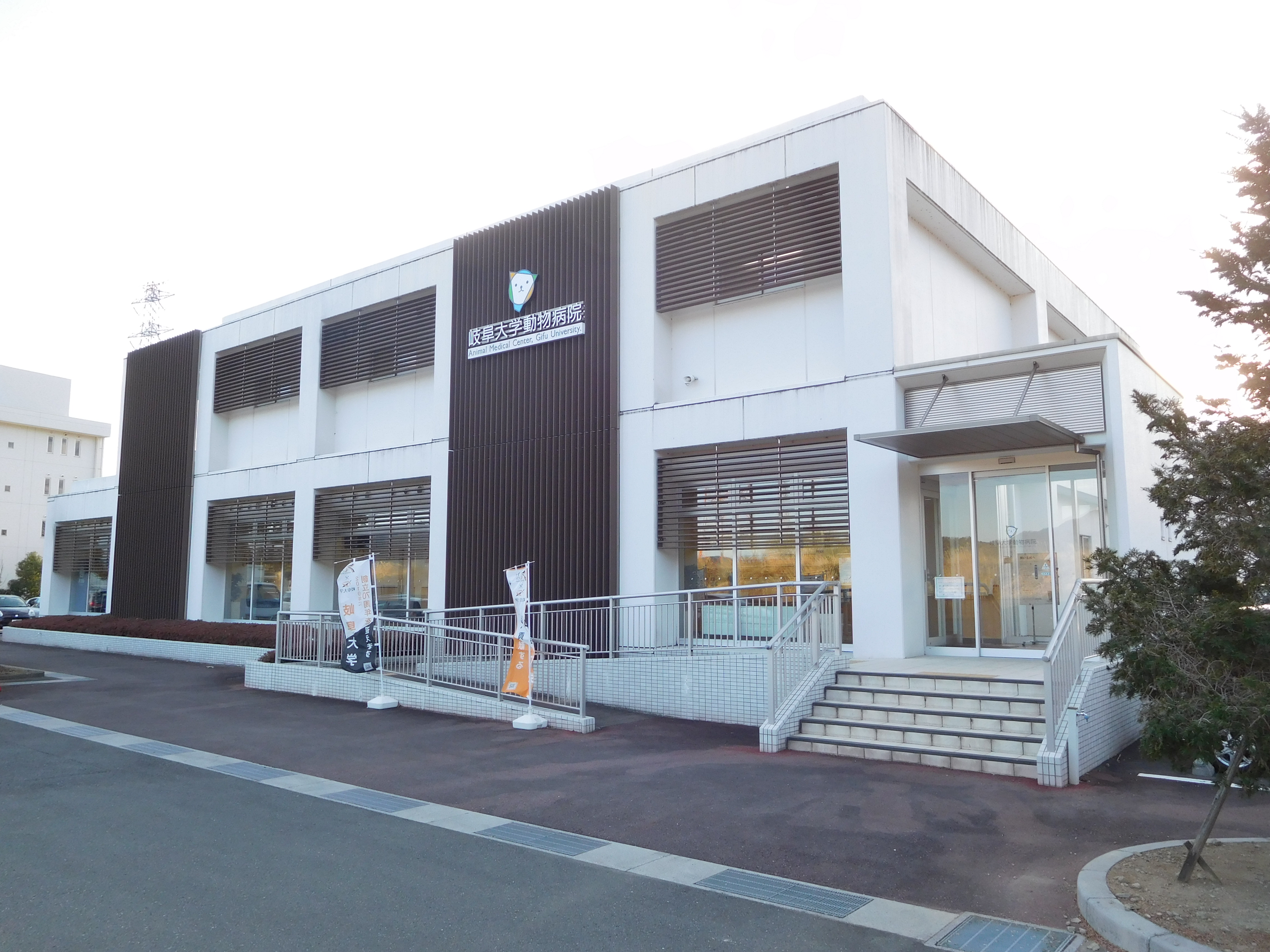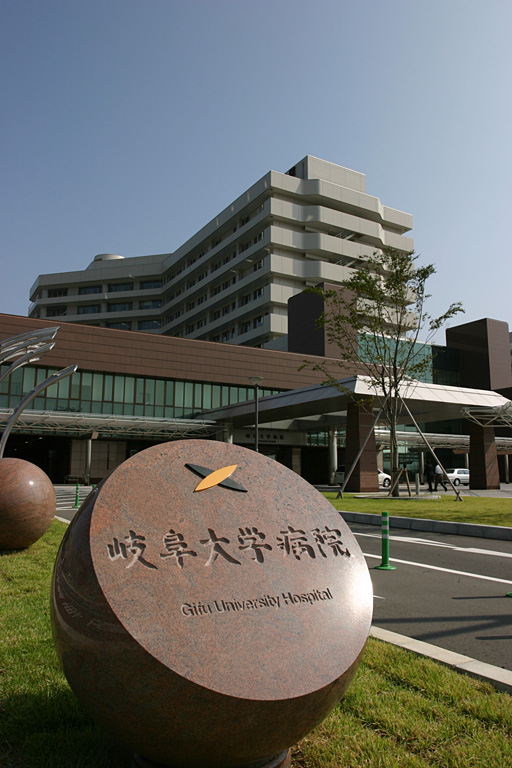Thinking about studying in Japan but want a campus that mixes strong engineering and life sciences with a relaxed, affordable lifestyle? Gifu University might be your sweet spot. Sitting in central Japan, the university’s single, green Yanagido campus gives you short commutes, small-class access to faculty, and quick links to nearby Nagoya. As a national university, its tuition is standardized and comparatively affordable, and the international student support is well coordinated across offices—from visas and housing to language tutoring.









Quick Facts (Gifu University)
Use this quick reference to get oriented. Links open in a new tab.
| Type | National university (member of THERS). Official site |
| Total Students | 7,108 students (THE Key Student Statistics, WUR 2025). Times Higher Education profile |
| Campus | Main: Yanagido Campus (Gifu City). Campus map (PDF) |
| Faculties / Schools | Faculty of Education; Faculty of Regional Studies; School of Medicine; Faculty of Engineering; Faculty of Applied Biological Sciences; School of Social System Management. Faculties & Graduate Schools |
| Học phí | Undergraduate tuition ¥535,800/year; Admission fee ¥282,000 (standard national rates; subject to change). Admission & Tuition Fees |
| Gender Ratio | 38% female : 62% male (THE). THE profile |
| Intl‑Student % | 4% (THE). THE profile |
| Students per Staff | 14.4 (THE). THE profile |
Campus Maps
Yanagido Campus (Main, Gifu City)
Address: 1-1 Yanagido, Gifu City, Gifu 501-1193, Japan
Mission, History & Founding Story
Gifu University’s identity is captured in three words—“Learning, Exploring, and Contributing”—a concise mission that ties academic excellence to regional revitalization and global engagement. The university emphasizes co‑creation with its surrounding communities, training highly skilled professionals, and running research that serves society in health, manufacturing, environment, and beyond. These pillars are formalized across its mission/vision statements and president’s message.
Officially founded in 1949, Gifu University traces its roots to Gifu Normal School established in 1873—an early teacher‑training institution that predated many of today’s national universities. The president’s 2025 address highlights this long lineage and notes that the Faculty of Applied Biological Sciences has a heritage dating to 1923, marking its centennial in 2023. This continuity matters for students today: Gifu’s evolution from teacher training to modern research university underpins its strengths in STEM and life sciences.
A defining chapter began in April 2020 when Gifu University and Nagoya University formed the Tokai National Higher Education and Research System (THERS), a single institutional framework designed to share research assets, enable cross‑campus coursework, and create regional innovation engines. Within THERS, Gifu anchors priority areas like aerospace, glycoscience, healthcare/medical data, and agricultural/life sciences.
Another hallmark is the “all‑on‑one campus” model. With the relocation of the medical school and hospital, undergraduate and graduate programs now share the Yanagido campus, making it easier to collaborate across disciplines and access shared facilities. For international students, the single‑campus layout reduces friction—labs, libraries, language classes, counseling and housing supports are all a short walk or bike ride apart—while preserving the feel of a close‑knit academic village.
Key Strengths & Unique Features
Aerospace & Advanced Manufacturing Hub (IPTeCA & AREH)
If you’re eyeing the aerospace or smart‑manufacturing sectors, Gifu is unusually well positioned. The Intelligent Production Technology Research & Development Center for Aerospace (IPTeCA) is a university center that collaborates with industry and government on next‑gen production technologies—automation, robotics, AI/IoT, and digital manufacturing—tailored to aviation and space supply chains. It also runs structured education programs for university students and working engineers. IPTeCA
IPTeCA sits inside a bigger ecosystem: the Aerospace Research and Education Hub (AREH), a THERS directive launched with support from Gifu Prefecture and Japan’s Cabinet Office. AREH drives “Cyber Physical Factory” projects and develops human resources across the regional aerospace cluster.
World‑Class Glycoscience & Translational Medicine (iGCORE & COMIT)
On the life‑science side, the Institute for Glyco‑core Research (iGCORE)—a joint THERS initiative—completed a new research building on the Gifu campus in May 2024, expanding a decades‑long regional strength in glycobiology. Combined with the Center for One Medicine Innovative Translational Research (COMIT), students gain exposure to drug discovery, biomedical devices, and clinical collaboration opportunities.
All‑on‑One Campus & THERS “Academic Central”
Unlike sprawling multi‑campus universities, Gifu concentrates its undergrad and grad programs on the Yanagido campus. That means an embedded, walkable ecosystem where engineers talk to med students, agriculture majors meet data‑science instructors, and student clubs mix disciplines easily.
Flagship Faculties: Engineering & Applied Biological Sciences
Faculty of Engineering
Engineering at Gifu has deep roots—its lineage includes the Gifu Prefectural Higher Technical School founded in the 1940s—evolving into today’s labs in materials, mechanical, electrical/electronics, civil, and aerospace. With IPTeCA and regional partners, undergrads see real factory‑floor problems early, then carry those threads into capstones or graduate research. Engineering History (English)
Faculty of Applied Biological Sciences
Applied Biological Sciences leverages a century‑long heritage (100th anniversary in 2023) to address food systems, agriculture, and life‑science interfaces. Its proximity to iGCORE and the medical ecosystem—plus THERS‑wide collaboration—gives students avenues in bioproduction, food safety, environmental monitoring, and translational research.
Global Degrees & Partnerships (JDPs, Exchanges, Research Links)
Gifu runs joint degree programs (JDPs) launched in 2019 with the Indian Institute of Technology Guwahati (IITG) and the National University of Malaysia (UKM), and maintains dozens of university‑level and faculty‑level overseas agreements. North American options include an exchange pathway with Northern Kentucky University (NKU)—see NKU’s info packet: NKU – Gifu University Exchange (PDF).
Student Life for Internationals
Clubs & Circles that Welcome Overseas Students
Beyond sports and cultural clubs, the university runs low‑pressure mixers that make it easy for international and Japanese students to meet. A long‑running example is the “English Circle of Friends”—a lunchtime conversation meet‑up facilitated by faculty members with overseas experience and supported by student tutors. English Circle of Friends (GU‑GLOCAL)
Dedicated Support: Visa, Housing, Counseling
Gifu University centralizes practical support: immigration paperwork guidance, scholarship info, day‑to‑day living tips, and consultations with the Health Administration Center and campus life counselors. International students can apply for on‑campus accommodation at the International House (Buildings A/B for students; Building C for researchers/short stays). Support System (official) | Housing Information (GU‑GLOCAL) | International House (Visitors)
Language Exchange & Buddy/Tutor Programs
Many international students are paired with tutors (Japanese or international students) to help with academic and everyday tasks. The Center for Japanese Language and Culture coordinates lounge tutors, personal tutors, and research paper tutors. Tutor Program Details (GU‑GLOCAL)
Partner Institutions & Exchange Options
Gifu’s overseas network blends research‑intensive partners with regionally focused universities across Asia, Europe, and North America. Prospective students should review the latest partners list here: Overseas Partners (official).
Local Climate & Lifestyle (Gifu City)
Weather: Gifu has hot, humid summers and cool to cold winters, with rain throughout the year. Average temperatures typically range from around −1 °C in winter lows to 32 °C in summer highs, with extremes rarely below −4 °C or above 35 °C. Spring and autumn are mild and comfortable for biking across campus and exploring the Nagara River. Average Weather in Gifu-shi (WeatherSpark)
Cost of living: As a regional city, Gifu is easier on the wallet than Japan’s megacities. JASSO’s “Study in Japan” page lists representative local prices (e.g., average rent, utilities, staple foods), useful for setting a realistic student budget. Study in Japan – Gifu (JASSO)
Access & daily travel: From JR Gifu or Meitetsu Gifu stations, the “Gifu University Campus Line” bus gets you to campus in about 30 minutes. This reliability matters when you’re juggling lab time with clubs and part‑time jobs. Access (Faculty of Applied Biological Sciences)
Safety: Japan is widely regarded as a safe country, and Gifu City provides multilingual disaster and emergency information, including the “Safety Tips” app and emergency contacts (119 for fire/ambulance). JNTO also runs a 24/7 visitor hotline. JNTO: Staying Safe | Gifu City: Safety Tips app | Gifu City: Emergency info
International Student Statistics
Gifu University’s global cohort has been gradually rebounding since 2020. The GU‑GLOCAL site publishes year‑by‑year headcounts of international students (AY 2018–2024). See the official chart here: Number of International Students (GU‑GLOCAL).
| Academic Year | International Students (Total) |
|---|---|
| 2018 | 395 |
| 2019 | 379 |
| 2020 | 294 |
| 2021 | 320 |
| 2022 | 317 |
| 2023 | 318 |
| 2024 | 327 |
Context: THE lists ~4% of Gifu’s student body as international, with a total student count of 7,108 and a student‑to‑staff ratio of 14.4. THE Key Student Statistics
Career & Graduate Prospects
Career preparation at Gifu is tightly coupled to the region’s strengths. In engineering, the AREH and IPTeCA ecosystems expose students to digital manufacturing, automation, and quality/production challenges—skills aligned with employers across Gifu and neighboring Aichi.
International students also see tailored career support. Gifu hosts workshops and job‑hunting events through GU‑GLOCAL and regional consortia connecting bilingual talent with employers.
Admissions & Costs (Quick Recap)
As a national institution, Gifu uses standardized fee levels: undergraduate tuition is ¥535,800 per year, with a one‑time admission fee of ¥282,000 (fees can change; always confirm the latest). Some students may qualify for tuition waivers/deferrals. Admission & Tuition Fees (official)
Where to Read More
Gifu University (English top) | Faculties & Graduate Schools | Times Higher Education profile | Support System (current internationals) | Overseas Partners | IPTeCA | Visions & Strategies | Campus Map (PDF)

